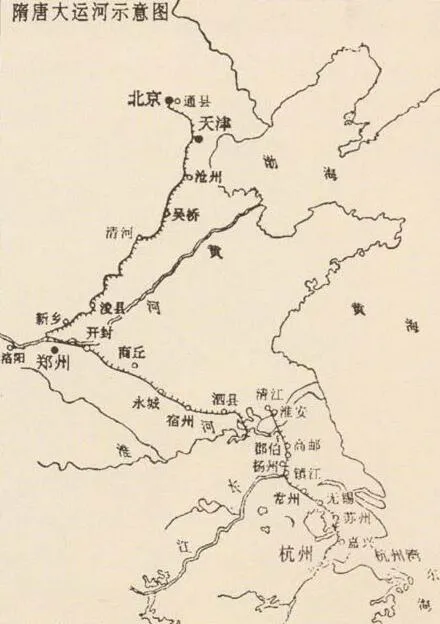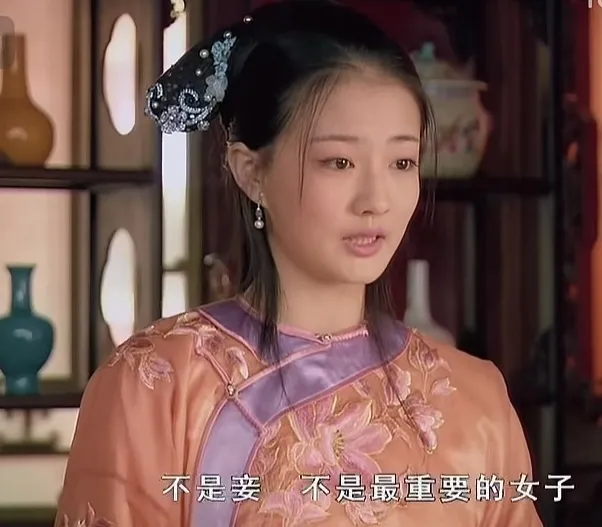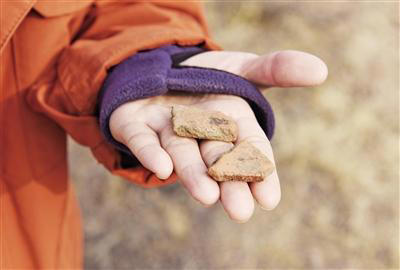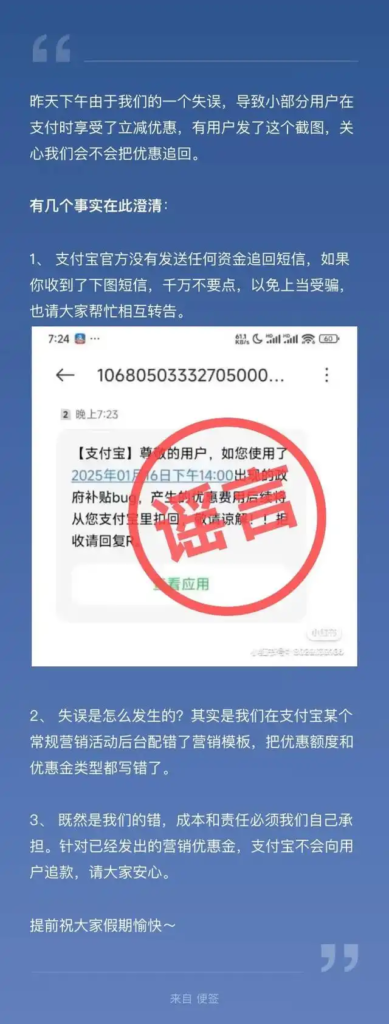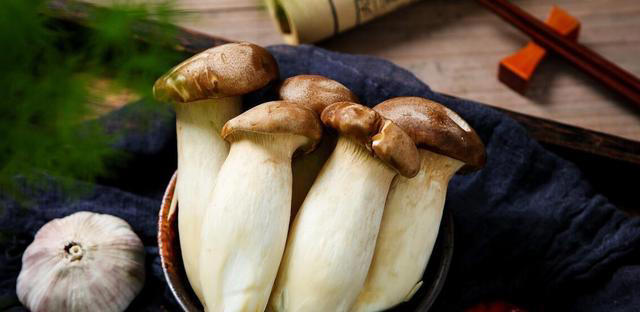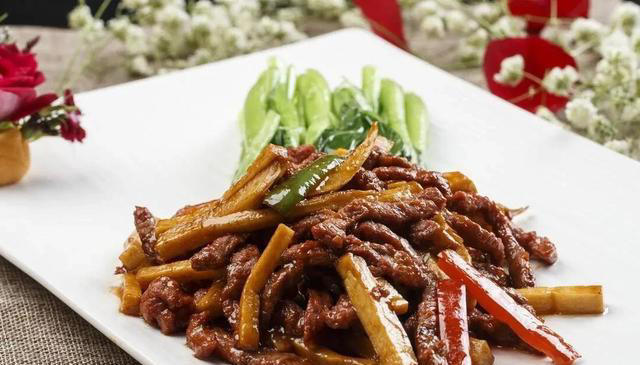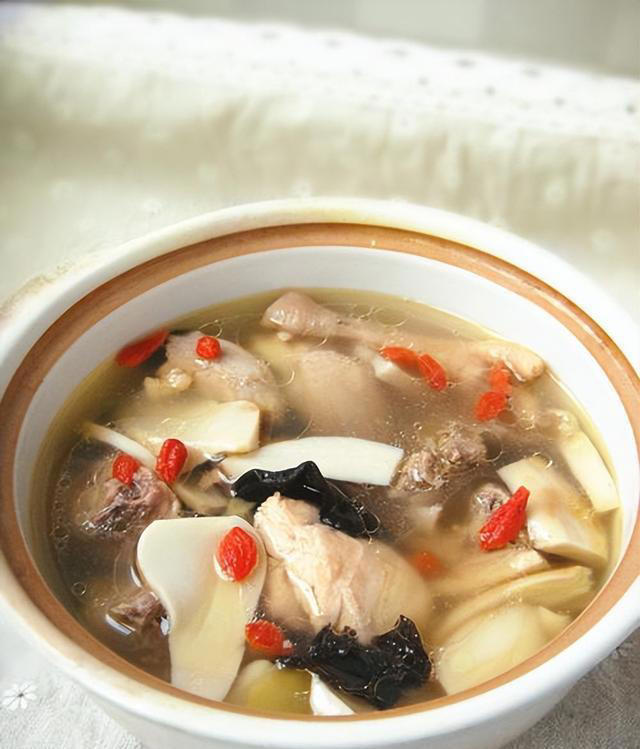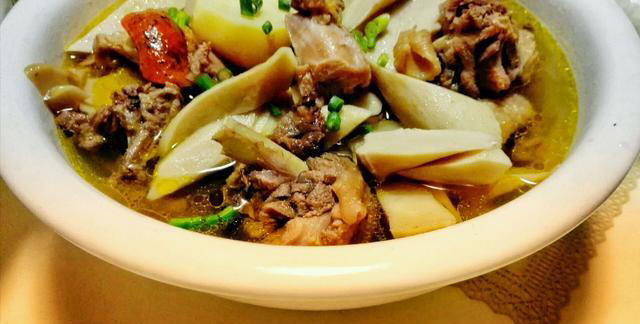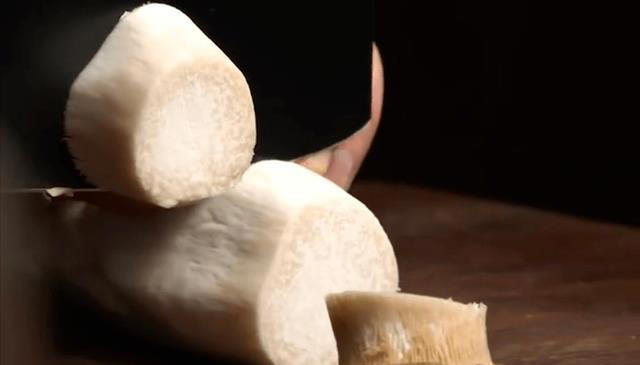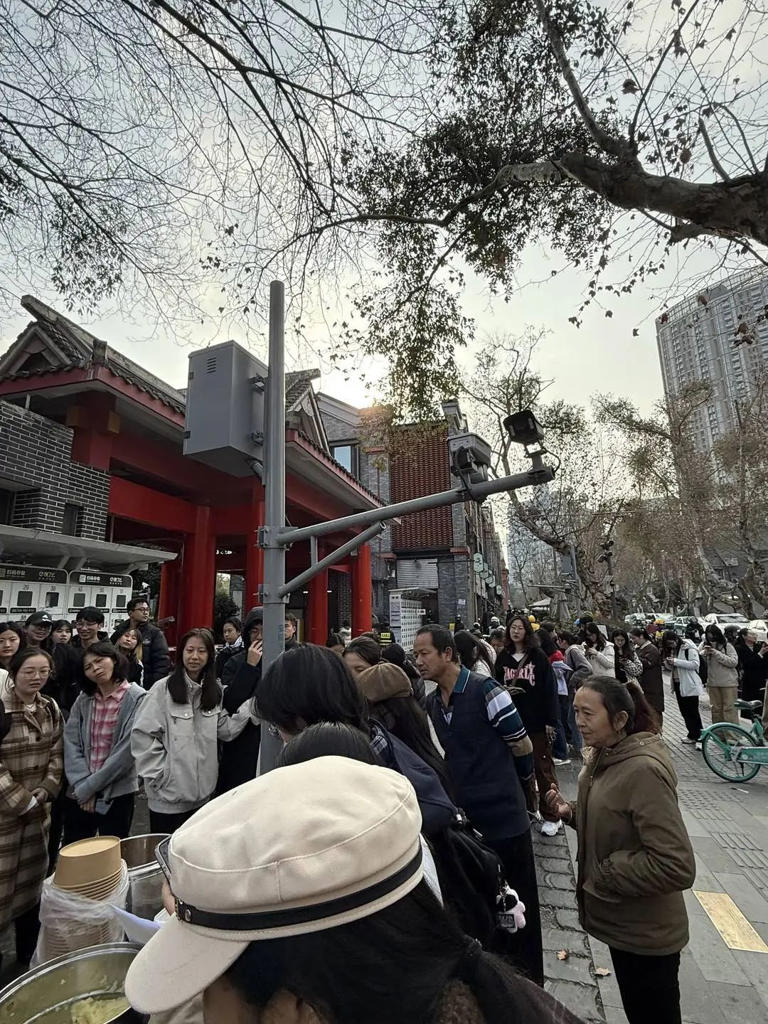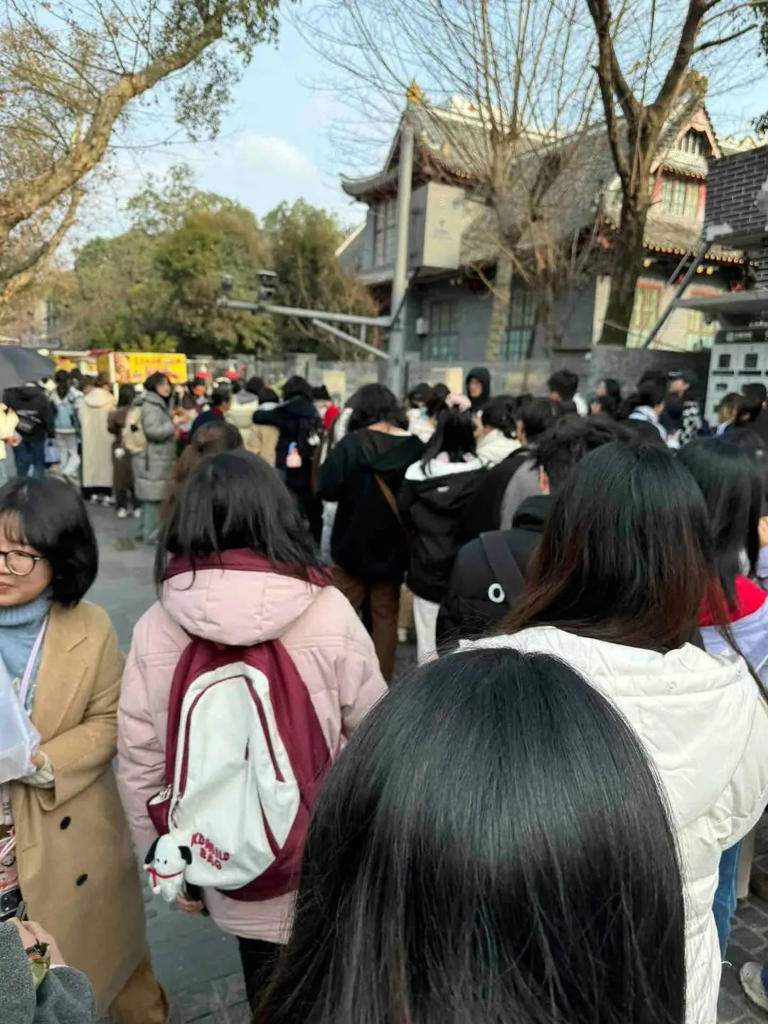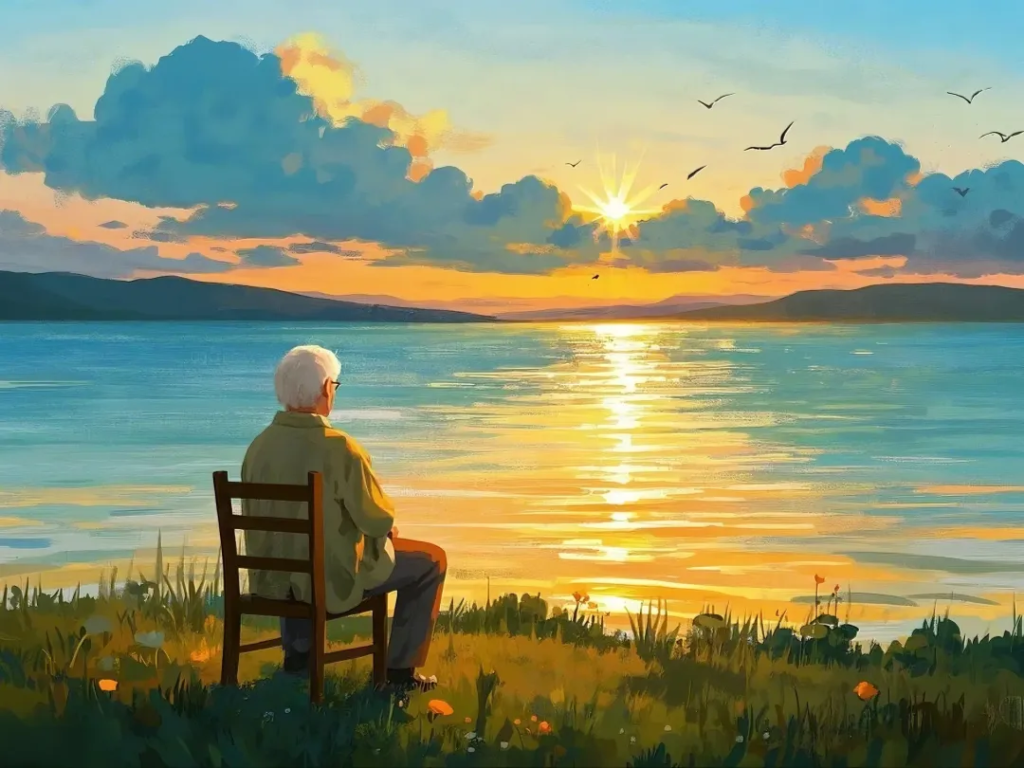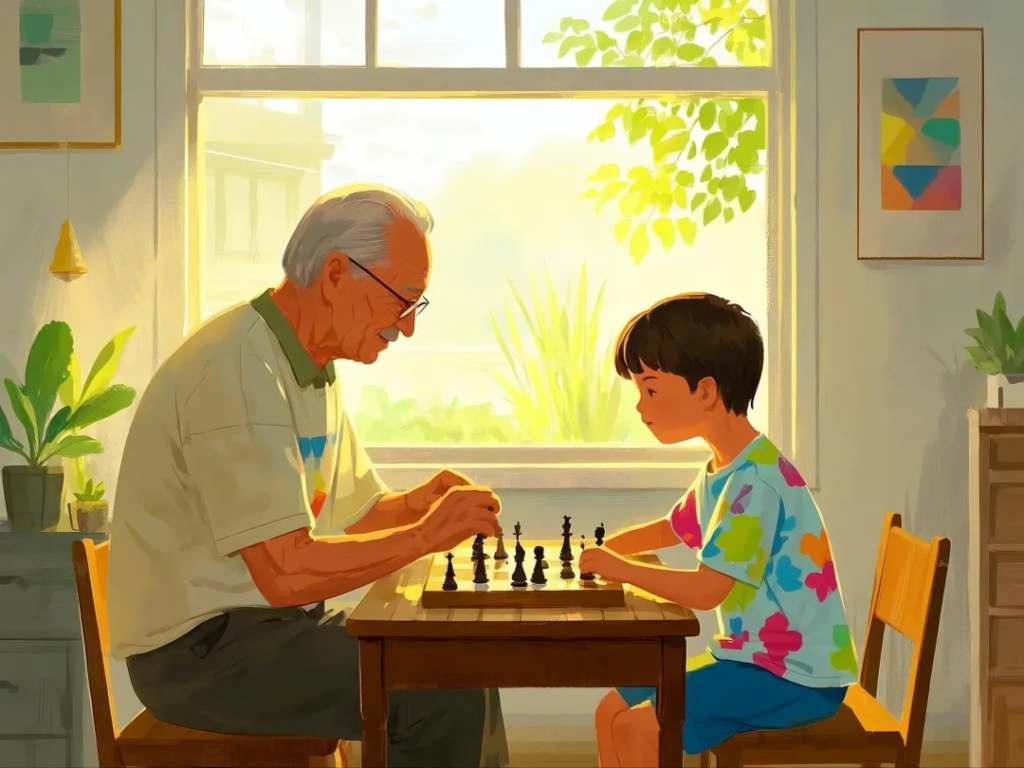In modern history, music has played an important role as a universal means of revolutionary mobilization. Mao Zedong was also exposed to some songs in his youth, and the influence of these songs on him has been poorly analyzed by scholars in the past. Today, I would like to select three poems and write a small article for readers and friends.
1. “The Battle of the Yellow Sea”
In 1936, Mao Zedong was interviewed by American journalist Edgar Snow in Baoan, northern Shaanxi, and described his life. The content of the conversation was reviewed and translated by Mao Zedong himself, and edited by Wu Liping, and included in the book “Mao Zedong’s Self-Statement”. Mao Zedong mentioned to Snow that he had learned to sing a Japanese song called “The Battle of the Yellow Sea” when he was a student at a “new-style school” in Xiangxiang.
This “new school” is the Xiangxiang County Dongshan Higher Primary School. Dongshan School, founded in 1890, is one of the earliest new-style schools in China, and Liu Jintang, a famous general of the Hunan Army, and Tan Sitong, a representative of the Restoration, participated in the construction of Dongshan School. With the purpose of “cultivating practical talents and taking the current task as a priority”, Dongshan School has opened a precedent for new learning in modern Hunan. In the autumn of 1910, Mao Zedong, who was not yet 17 years old, was admitted to Dongshan School.
Mao Zedong said: “In this new school, I was able to learn natural sciences and new Western subjects. Another thing worth mentioning is that one of the teachers is a Japanese student who wears a fake braid. It’s easy to see that his braids are fake…… Many students hate the ‘fake foreign devil’ because of his pigtails, but I love hearing him talk about Japan. He teaches music and English. One of the songs he taught was a Japanese song, called “The Battle of the Yellow Sea…… At that time, I knew and felt the beauty of Japan, and I felt a little bit of pride and strength in this song that celebrated Japan’s victory over Russia. I didn’t think of a barbaric Japan – the Japan we know today. Not only that, although more than 20 years have passed, Mao Zedong still remembers part of the lyrics of “The Battle of the Yellow Sea”:
Sparrows sing, nightingales dance,
How lovely the green fields are in spring,
Pomegranate flower red, willow leaf green,
Present a new drawing. (Mao Zedong’s Self-Statement, People’s Publishing House, 2008, pp. 23-24).
From this text, we know that “The Battle of the Yellow Sea” is a Japanese song, composed shortly after the end of the Russo-Japanese War (1904-1905). In the Russo-Japanese War, Japan was victorious, Russia was defeated, and for the first time in modern world history, the yellow race completely defeated the white race, and Japan became a world power, and accelerated its military operations of aggression and expansion. The full lyrics of “The Battle of the Yellow Sea” are unknown, except for Mao Zedong’s recollection of the lyrics as descriptions of scenery, the main content of this song should be to praise the Japanese militarism of the Japanese state and army.

◆In 1910, Mao Zedong left Shaoshan to study at Dongshan School in Xiangxiang.
Although Mao Zedong told Snow that he had not yet recognized the barbarism of Japan when he learned to sing the song “The Battle of the Yellow Sea”, in fact, he was already aware of the crisis of the times at that time. Shortly before he went to Dongshan to study, he had read a pamphlet on the imperialist partition of China, which described the Japanese occupation of Taiwan. Mao Zedong recalled: “After reading it, I was depressed about the future of the country. I began to realize that the rise and fall of a country is the responsibility of the husband. (Mao Zedong’s Self-Statement, People’s Publishing House, 2008, p. 22) Earlier, Mao Zedong had read Zheng Guanying’s “The Danger of the Prosperous Age” and Feng Guifen’s “Protest at the School House”, and the national decay caused by the invasion of foreign powers was deeply imprinted in his heart.
In the Dongshan Academy, Mao Zedong accepted a large number of new studies, read widely progressive periodicals such as Xinmin Cong Bao, and had political discussions with his classmates from time to time. From “beginning to have a certain political consciousness” on the eve of studying in Dongshan, to the first public expression of political opinions in the form of pasting political opinions on the school wall when he was a student in Xiangxiang Provincial Middle School at the age of 17, Dongshan School can be said to be Mao Zedong’s first stop out of Shaoshan Chong and into the world.
The song “The Battle of the Yellow Sea” and the modern knowledge about Japan that he came into contact with at the Dongshan School pushed the young Mao Zedong to think about Sino-Japanese relations and China’s salvation and rejuvenation to a certain extent. In short, the Japanese song “The Battle of the Yellow Sea” has a certain weight on the growth of young Mao Zedong, otherwise he would not have recalled this matter in detail to Snow after more than 20 years.
2. “Song of Hunan Student Games”
In April 1910, a vigorous rush for rice broke out in Changsha. The escalation of the struggle from demanding the government to reduce prices to opposing imperialism was a small upsurge in the anti-imperialist and anti-feudal struggle in Hunan in the late Qing Dynasty. The following month, a sports meeting of all students in schools in Hunan Province was held in the New Army Playground outside Xiaowumen in Changsha. The sports song of the conference is the “Song of the Hunan Student Games”.
At the same time, Mao Zedong was still studying at Maolu Zhong’s house in Maotang, Shaoshan Mountain, his hometown, and may not have been exposed to this song. However, this song has a deep influence, and after entering the Republic of China, it is still popular among students.
On August 4, 1919, Mao Zedong edited the “Xiangjiang Review” No. 4Published the “General Record of the Association”. The article seriously recalled the major events in the Hunan student circle at the end of the Qing Dynasty and the beginning of the Republic of China, and believed that after the self-righteous burial of Chen Tianhua and Yao Hongye, it was the whole student movement meeting of the schools in the provincial capital. Mao Zedong emphasized that although the student sports meeting was approved “by taking advantage of the urgent words of the country’s danger and foreign aggression”, it obviously contained the meaning of “demonstration” and “revolution”, so it was very special. Mao Zedong pointed out that the most impressive thing about the sports meeting was its song: “The most impressive thing is the tragic sound of the students’ sports song singing into the clouds.” It has been nearly ten years since this song was composed by someone, and the students in Hunan still miss it. (The Memorial Hall of the First National Congress of the Communist Party of China, ed., Selected Early Manuscripts of the First National Congress of the Communist Party of China (1917.11-1923.7) Volume I, Shanghai People’s Publishing House, 2011, p. 804) and the lyrics are fully recorded
Dazai Hunan, Hengyue Qitian,
Dongting Cloud Dream is wide.
Yuan has Zhi Xi Lan Lan,
Infinite group fen.
The wind is strong and the customs are strong, and the talent is fighting,
A hundred battles are majestic.
The Hunan army is heroic and safe in the world,
My generation is strong.
Listening to the military song is vividly tragic,
Flags flying.
It’s like, a rain of bullets,
Bloody battleground.
Militaristic spirit, Huxiang children,
A new atmosphere of civilization.

◆In 1919, the members of the Xiangtan Alumni Association of Hunan Provincial First Normal School took a group photo. The second row, third from the left, is Mao Zedong.
In modern Hunan, Tao Shu, the governor of Liangjiang, first advocated the theory of the classics, and the landlord class represented by Wei Yuan emerged. At the same time, the Hunan army with Zeng Guofan as the core also rose by taking advantage of the current situation. Since then, there has been a surge of talented people in Huxiang: the bourgeois reformers represented by Tan Sitong and Tang Caichang, the bourgeois revolutionaries represented by Huang Xing and Cai Yi, and the proletarian revolutionaries represented by Mao Zedong and Liu Shaoqi have all had an extremely far-reaching impact on the course of Chinese history.
In 1903, Yang Du said in “Song of the Hunan Youth”: “China is now Greece, and Hunan is regarded as Sparta. China will be Germany, and Hunan will be Prussia. Gentlemen, gentlemen, be cautious about this, don’t say anything urgently. If the Chinese nation dies, except for the Hunan people, they will die. “It vividly shows the spirit of modern Hunan people. Liang Qichao also praised: “Xian, Tong, Zeng, Hu suddenly, the reputation of the Hunan army, east to the East China Sea, south beyond Lingnan, west to the Hui Department, southwest to the Miao Xinjiang, is still hot.” The Sanxiang nation has had a great influence on the whole country, and it has been since 50 years. ”
Nearly 10 years after its birth, the “Song of the Hunan Student Games”, which embodies the spirit of modern Hunan people, has been sung and recorded by Mao Zedong, which fully reflects the influence of the progressive youth of modern Hunan represented by Mao Zedong on the spiritual influence of “Hunan Studies” and “Hunan Army” with unique Hunan local characteristics formed since Tao Shu. In 1920, Mao Zedong wrote: “I think Hunan people do have several lovely characteristics: hard-working, hard-working, brave, and united. (Mao Zedong, “Full Autonomy” and “Semi-Autonomy” (October 3, 1920), edited by the Literature Research Office of the Central Committee of the Communist Party of China, the editorial group of Mao Zedong’s Early Manuscripts of the Hunan Provincial Committee of the Communist Party of China: Mao Zedong’s Early Manuscripts, Hunan People’s Publishing House, p. 374) and said that “Hunan’s geography and people’s character are extremely promising”. (Mao Zedong, Letter to Luo Jiajie (November 25, 1920), Mao Zedong’s Early Writings, p. 396).
Regarding the “militaristic spirit” in the lyrics, that is, “militarism”, this is an important method for Hunan students studying in Japan represented by Cai Yi to preach in modern times to transform the national character and save the country and protect the species, especially in Hunan in the late Qing Dynasty and early Republic of China. Cai Yi once said: “Non-militarism is not enough to save a weak China.” In 1902, Cai Yi’s “Military and Nationalist Chapter” pointed out: “If you live today and do not popularize 40,000,000 people with military nationalism, then China will really die.” He believed that militarism could cultivate the “soul of the nation”, and on this basis, only then could an independent country be established and a self-respecting people could be created.
Mao Zedong explained the “militaristic spirit” and said: “The so-called ‘militaristic spirit’ is the main purpose of education at this time, that is, the main purpose of students’ pursuit. This kind of main purpose, on the one hand, is for the external and on the other hand, for the overthrow of the Manchu Qing Dynasty. (Selected Early Manuscripts of the First National Congress of the Communist Party of China (1917.11-1923.7) Volume I, p. 804) and believes that the reason why the Qing government collapsed so quickly after the Wuchang Uprising was due to the modern education with the “militaristic spirit” as the main theme and the strength of the student group to save the country was an important reason.
In short, the “Song of the Hunan Student Games” has an important position in the formation and development of young Mao Zedong Thought, and clearly highlights the imprint of the Huxiang spirit in Young Mao Zedong Thought.
3. “School Song of Hunan Provincial First Normal School”
Xiangxiang County Dongshan Higher Primary School, Xiangxiang Provincial Middle School, and Hunan Provincial Higher Middle School are all places where the young Mao Zedong once studied, but the school that had a profound impact on Mao Zedong’s life is the Hunan Provincial First Normal School.
From the spring of 1913 to the summer of 1918, Mao Zedong studied at the Hunan Provincial First Normal School. From the autumn of 1920 to the winter of 1922, Mao Zedong served as the principal (i.e., principal) of the primary school affiliated to the First Normal School in Hunan, and concurrently served as a Chinese language teacher in the Normal Department. Mao Zedong studied and worked in Hunan No. 1 Normal for seven and a half years, and Hunan No. 1 Normal School was an important field for the development and leap of young Mao Zedong Thought. In 1950, Mao Zedong recalled the days of the First Division when talking with his classmate Zhou Shizhao, saying: “I have never officially entered a university, nor have I studied abroad. The place where I studied for the longest time was Hunan No. 1 Normal School, and my knowledge and knowledge were established in the No. 1 Normal School. The first division is a good school. (Zhou Shizhao, “Mao Zedong in the First Division Era”, New Observation, Vol. 2, No. 2, 1951).
“School Song of Hunan Provincial First Normal School” was extremely outstanding in Hunan and even the whole country at that time. It is not possible to test who wrote and composed the song of Hunan No. 1 Normal School, but it appeared after the school merged with the Hunan Provincial Fourth Normal School in 1914 to form the new Hunan Provincial First Normal School. In 1918, the principal Kong Zhaoshou edited the “Chronicles of the First Normal School of Hunan Province”, in which the “School Rules” said that the purpose of the song of the first teacher school is to “arouse the interest of students in lecturing and cultivate their noble thoughts”, and “the words are short, so that the songs of the lower primary school students are sung”. During Mao Zedong’s study and work in Hunan No. 1 Division, he would sing the school song on various important occasions and even every day. Subtly, the school song of Hunan No. 1 Normal School can be said to have had a non-underestimated impetus to the young Mao Zedong to a certain extent. The lyrics of the first teacher’s school song said:
Hengshan West, Yuelu East,
The lecture in the south of the city is in the middle of it.
Man can be cast, gold can be melted,
Lize Shao high wind.
Many materials have been boasting about the bear seal since the past, and the man works hard,
It is a great man.
The first normal in Hunan can be described as “Huxiang Wenxu”. Its predecessor was the Chengnan Academy, one of the “Three Sages of the Southeast” and the Southern Song Dynasty science master Zhang Yan, which was founded in Shaoxing period, which is the birthplace of the Huxiang school and the spread of Huxiang culture. With the tenet of “cultivating talents, preaching and helping the people”, Chengnan Academy pays attention to the needs of the times, advocates independent thinking, and gives birth to the core genes of Huxiang’s humanistic spirit of worrying about the country and the people and daring to be the first. As a model of ancient Chinese academy education, Chengnan Academy is named after Yuelu Academy on the west bank of the Xiangjiang River. During the lectures of Zhu Xi and Zhang Yan in Changsha Yuelu and Chengnan Academies, they also left the “Chengnan Advocacy and Poetry Scroll” that has been handed down to this day. This is the connotation of the first lyrics of the school song of Hunan No. 1 Normal School, showing the cultural self-confidence and pride of the teachers and students of Hunan No. 1 Normal School.
The last two lyrics are about that, as a student of Hunan No. 1 Normal School, under the land of Huxiang and the wonderful peak of Hunan, where talents are flourishing, it is a beautiful opportunity for self-shaping and self-development, and he should dare to consciously inherit the noble atmosphere of “worrying about the country and the people”, “seeking truth from facts”, “daring to be the first” and “preaching and helping the people” since the establishment of Chengnan Academy, and work hard to become a majestic man who leads the development of the times.

I don’t know how wonderful fate is, the glorious school history of Hunan First Division all confirms the content of the lyrics, as if it was a prophecy. During his studies at the First Normal School in Hunan, the young Mao Zedong had the great ambition of saving the country and set up a grand ambition of “transforming China and the world”. He practiced the “three educations” of morality, intellect and physique, “three don’t talk” in school, studied hard, enthusiastically explored the source, and tenaciously carried out physical exercise. At the same time, he presided over the work of the Hunan First Division Alumni Association, founded the workers’ night school, went deep into the countryside to investigate, united all like-minded people, established the Xinmin Society, and threw himself into the struggle against imperialism and feudal warlords. It can be said that among the progressive youth of the early 20th century, Mao Zedong was already a “man of ten thousand husbands”.
In 1920, Mao Zedong was hired by Yi Peiji, the principal of Hunan No. 1 Normal School, to return to his alma mater to work, and devoted himself to reforming education, opening adult out-of-school cram schools and people’s night studies, and founded the Cultural Book Society and the Russian Research Association. Mao Zedong was still engaged in the work of building the party and the league in the Hunan First Division, and it was from the Hunan First Division that he went to the party’s first meeting and became one of the founders of the Communist Party of China, opening up a new era in the Chinese revolution and Chinese history. At Hunan No. 1 Normal School, Mao Zedong completed the dual transformation from a young student and teacher to a professional revolutionary, and from a democrat to a Marxist.
Therefore, it is conceivable that in the old days when he sang “Lize Shao Gao Feng” and “Wei Wei Wanfuxiong”, when the young Mao Zedong was immersed in the melody of the school song of the First Division of Hunan, the spirit of Huxiang that he carried was vigorous, and the glory of history and the suffering of modern times forced him to be nervous, work hard, shout, and forge ahead. The self-confidence and fighting spirit of Chinese culture contained in the song of Hunan No. 1 Normal School guided the young Mao Zedong to the forefront of history, and suddenly opened the floodgates of Dongting Lake.

 Entering China
Entering China